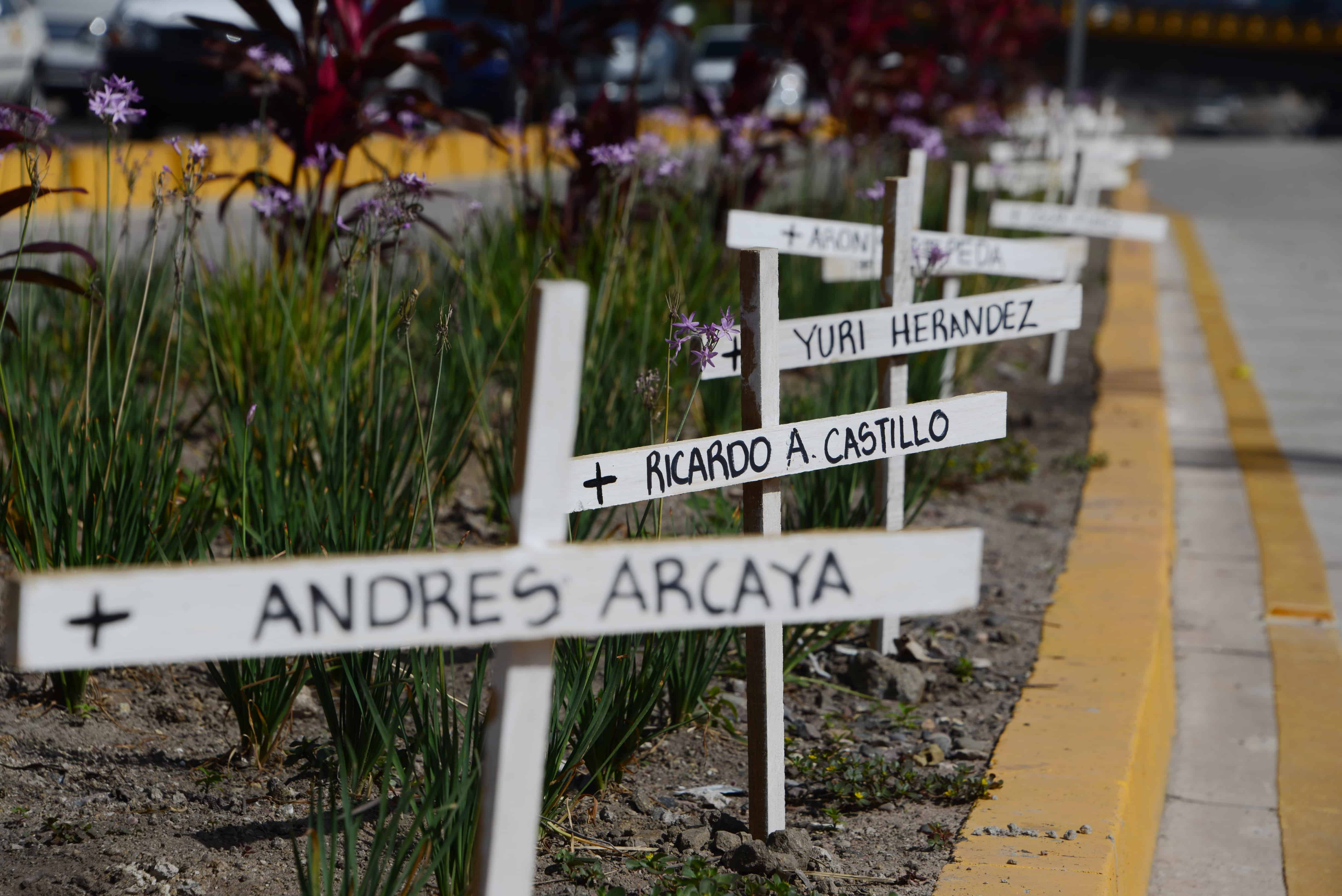High levels of corruption in Latin America and the absence of measures to combat it favor criminal networks and exacerbate violence in a region with high homicide rates, warned Transparency International (TI) in its report released Tuesday.
Since 1995, TI’s Corruption Perceptions Index annually ranks 180 countries and territories on a scale from zero (very corrupt) to 100 (very clean) using data from sources such as the World Bank or private consulting firms.
Denmark (90), Finland (87) and New Zealand (87) repeat as the least corrupt countries in the world, according to this report, with Somalia (12), Syria (13) and South Sudan (12) recording the highest corruption perception indexes.
The global data reveal a stagnation in the fight against corruption and highlight the link between this scourge and violence. “Corruption and conflict feedback on each other and threaten lasting peace,” the report highlights. The phenomenon is especially visible in Latin America.
The countries with the lowest scores are often at war or suffering outbreaks of violence. This is the case of Venezuela (14), Haiti (17), Nicaragua (19) and Honduras (23), which have the worst scores in Latin America.
In these countries the lines between public institutions and criminal networks have blurred, TI notes. The index for the latter three has dropped significantly since 2017.
Uruguay (74) and Chile (67), on the other hand, are the best rated in the region, followed by Costa Rica (54), although this reached its lowest score due to recent corruption cases and allegations of alleged illicit financing of current President Rodrigo Chaves’ election campaign.
The rest of the Latin American countries have scores below 50, such as Cuba (45), Colombia (39), Argentina, Brazil (38), Ecuador, Panama, Peru (36), El Salvador, Dominican Republic (33), Bolivia, Mexico (31) and Paraguay (28).
Advance of organized crime
The lack of progress in the fight against corruption “has resulted in the region in a weakening of democratic institutions and an increase in violence and an advance of organized crime in public institutions,” warned Luciana Torchuaro, TI’s regional advisor for Latin America.
“Fragile governments are failing to curb criminal networks, social conflict and violence (…),” said Delia Ferreira Rubio, the NGO’s president, in a statement.
In an analysis, TI cites the instability plaguing Peru, with six changes of government in six years and five former presidents under investigation for corruption, including Pedro Castillo. The repression of the demonstrations triggered by his ouster in December has left more than 50 dead so far.
In other countries, he warns, public agencies have been co-opted by “elites and organized crime” and law enforcement authorities turn a blind eye to illegal activities or human rights abuses in exchange for money.
Threats to the environment
In Venezuela, which has the worst score in Latin America, criminal groups maintain their activities in the mining sector in exchange for irregular payments to the military, reports TI. Illegal economic activities accounted for 21% of its GDP in 2021.
The report also mentions Guatemala (24) and Honduras, where “there is evidence to suggest” the influence of organized crime in politics. In Guatemala, this situation affects journalists, activists and prosecutors, some of whom have been forced into exile.
In an attempt to reverse this trend, the NGO regrets that Honduras, El Salvador and even Ecuador have declared states of exception, a measure that reduces “transparency and accountability”.
In its 2022 snapshot, TI highlights how this intertwining of criminality and political interests poses a danger to the environment.
“Criminal networks favor wildlife smuggling, illegal logging and burning of land, illegal gold mining and deforestation,” it denounces.
Homicides of environmental defenders also go unpunished due to the infiltration of these networks into the justice systems, he criticizes. In 2021, 138 activists were murdered in Colombia, 42 in Mexico and 27 in Brazil.






